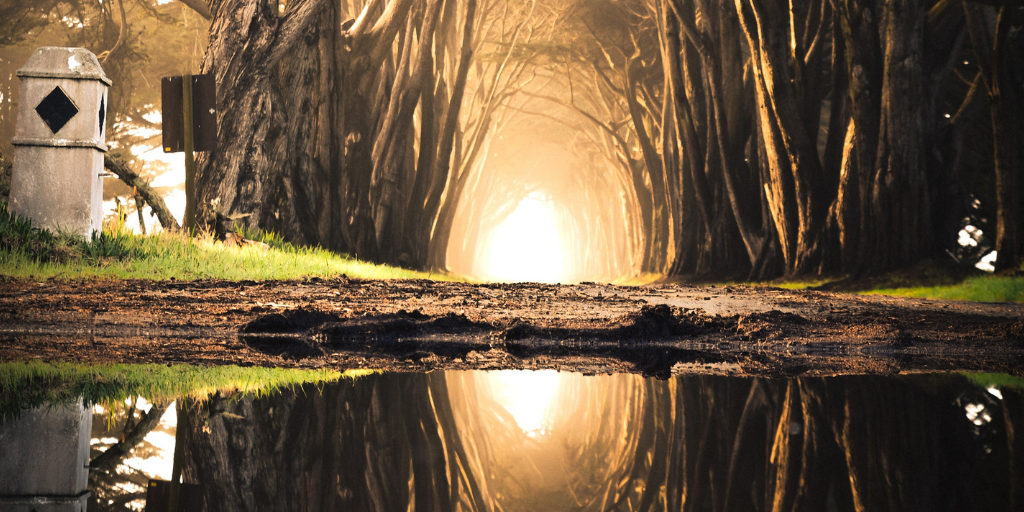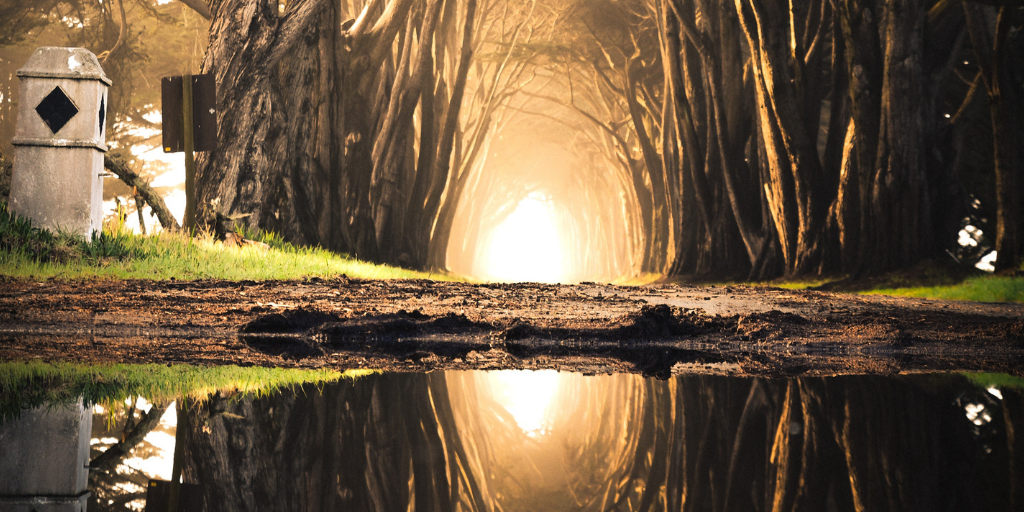January is a month of discernment for me. I don’t just make resolutions I spend considerable time discerning God’s path ahead and working out how I will keep myself on track. It is something I think every Christian community should consider.
How do we prepare ourselves so that what we intend sticks?
Here is a glimpse of what I am thinking about as we move into this new year:
- Revisit the theology that undergirds my life.
- Restate the values that flow from my theology.
- Shape practices that flow from these values.
- Establish goals as stepping stones.
What theology undergirds your life?
God’s desire is to see all things made new. That is the theological statement at the center of my life. I have spent much of the last 30 years studying the concept of shalom – God’s desire for a world of wholeness and peace and abundance. Immersing myself in this theology has transformed my life but I still have a long way to go to ensure that everything I commit myself to flows out of this belief.
This Christmas season as I read Celebrating Abundance, my Walter Brueggemann Advent devotional, I realized I probably needed to flesh that out a little in terms of the issues I struggle with both within myself and in the world around me:
Beyond the world of exclusion and rejection and hostility there is on offer a world of welcome that sees the other not as threat or competition but as cohort on the pilgrimage of humanity.
This may not seem like a theological statement, but to me it is profoundly so. The gospel has at its core, a message of welcome not exclusion, companion not threat. What wonderful foundations for my life as I move into this new year.
What Values Shape Your Life?
A theology of wholeness not the “theology” of the consumer culture should shape my my values.
I have really struggled with how many of the articles looking at the impact of the government shutdown say nothing about the impact on individuals and families. The “theology” of economic prosperity for the country shapes the values of concern for the economic institutions rather than individual lives. And the cry of “it’s not cost effective” even shapes our concern for creation and the destructiveness of “cost effective” policies.
I have always seen shalom as working for wholeness in four areas of life and want to make sure I continue to establish practices in all of those :
- How do I value my soul and nourish the wholeness God has begun within me?
- How do I value others and grow the wholeness of relationship not just with friends and family but with strangers and outcasts and the excluded both near and far?
- How do I value God’s good creation and the call to responsible stewardship?
- How do I value God and how deeply do I want to grow my relationship with my Creator through prayer, scripture reading, contemplation and other practices?
I am convinced that if we don’t establish each of these areas of wholeness as important priorities then we will not grow into the people God intends us to be.
What Practices Flow from My Values?
We can talk about values until we are blue in the face without allowing them to change our lives. It is only when we establish practices that flow from those values that our lives will change.
- What practices nourish my soul? For me personally it is contemplation, writing of prayers, creative exercises like painting on rocks and creating meditation gardens that most nourishes my soul.
- What practices bring wholeness in relationships? Unhurried time alone with my husband Tom, hospitality for friends, listening to the voices of those at the margins and responding to their pain. These are a few of the practices that flow from my values.
- What practices show my care for God’s good creation? As I pondered this question I realized I need to make more effort at sustainable practices – cutting back on purchases, recycling where possible, reducing use of plastic, growing our own vegetables and purchasing from farmers markets are all small steps I need to maintain to live sustainably.
- What practices draw me into deeper intimacy with God?I could just say all of the above and be done with it. But I realize there are another couple of practices I need to add to the list – silence and balance. When I get busy these are the two practices that I ditch first. Sitting still, undistracted by the internet, work projects or even meal planning separates me from God and when I get out of balance allowing work to take over and swamp my need for contemplation, awe and wonder walks and quiet meditation I move away from God.
What Transformation do I hope for?
Theology, values and practice are only helpful if they are viewed in the context of transformation.
What do I hope I will become over this next year?
With the launch of my new book The Gift of Wonder, it is easy to focus on success in terms of its success, but I realize that is not the important measure of success.
Success is about becoming the person God wants me to be. Success is about enabling others to become who God intends them to be.
How do I measure the success of what I do? Goals are not of value alone. Goals are only important as stepping stones towards transformation.
So get out your calendar. Look at the next twelve months. What are some stepping stones that would help you measure the transformation God wants to accomplish in your life?

Share this Post

